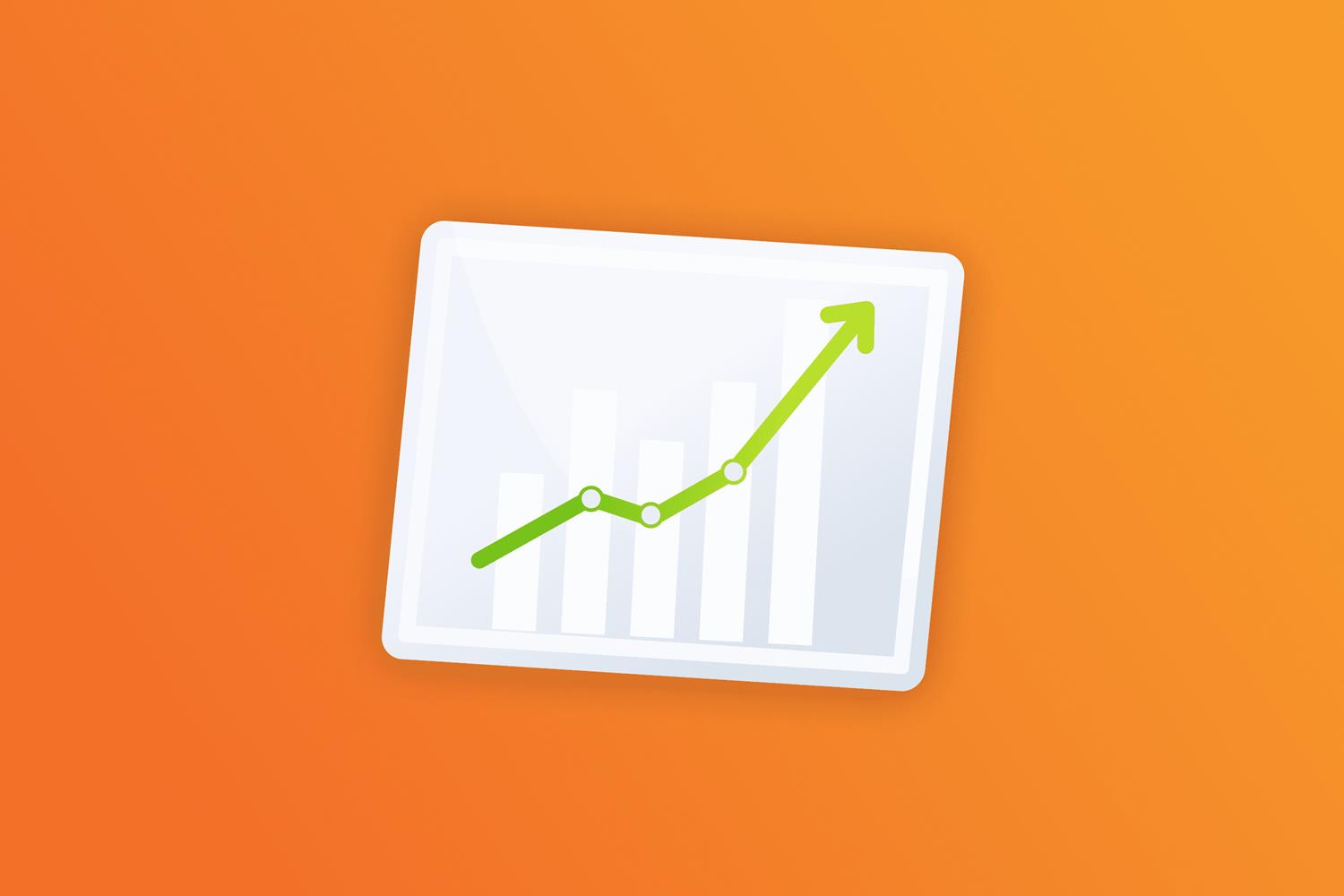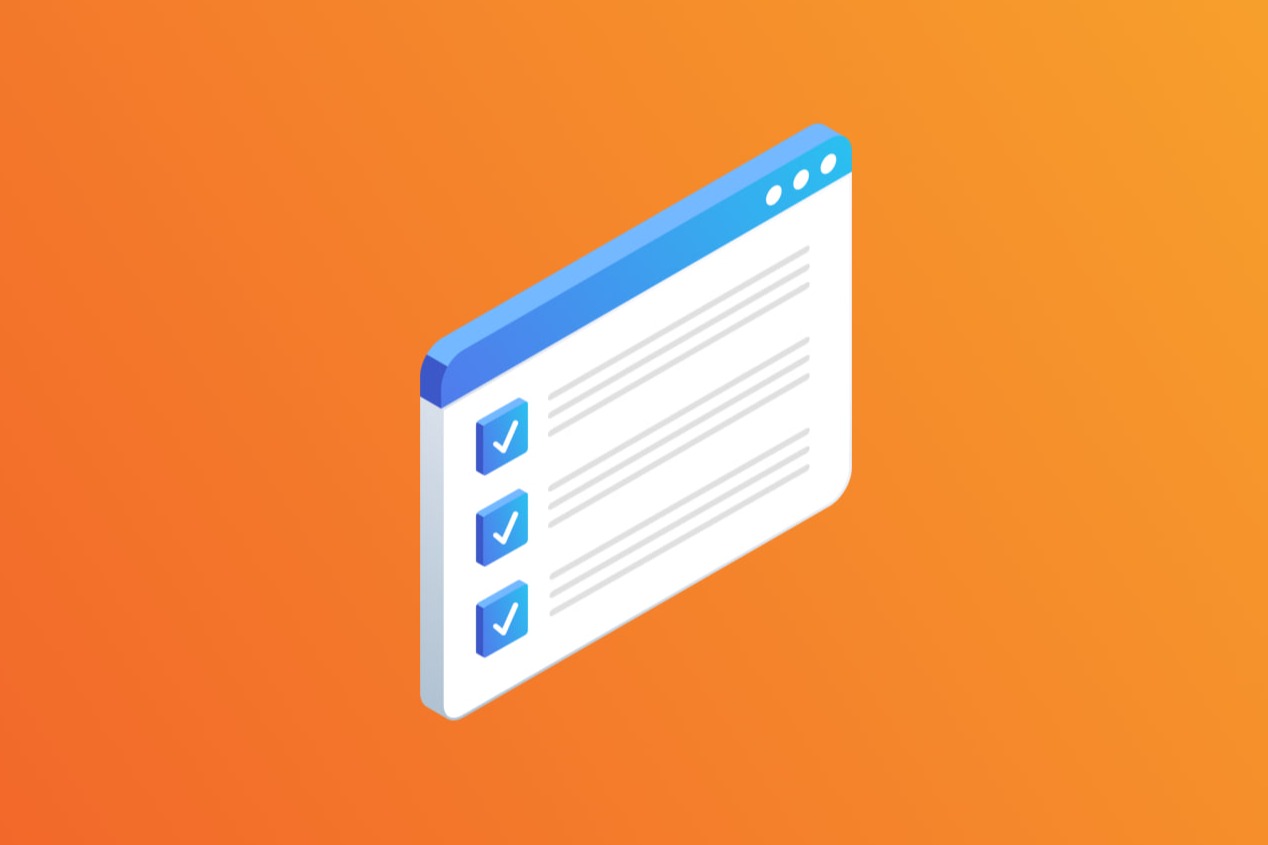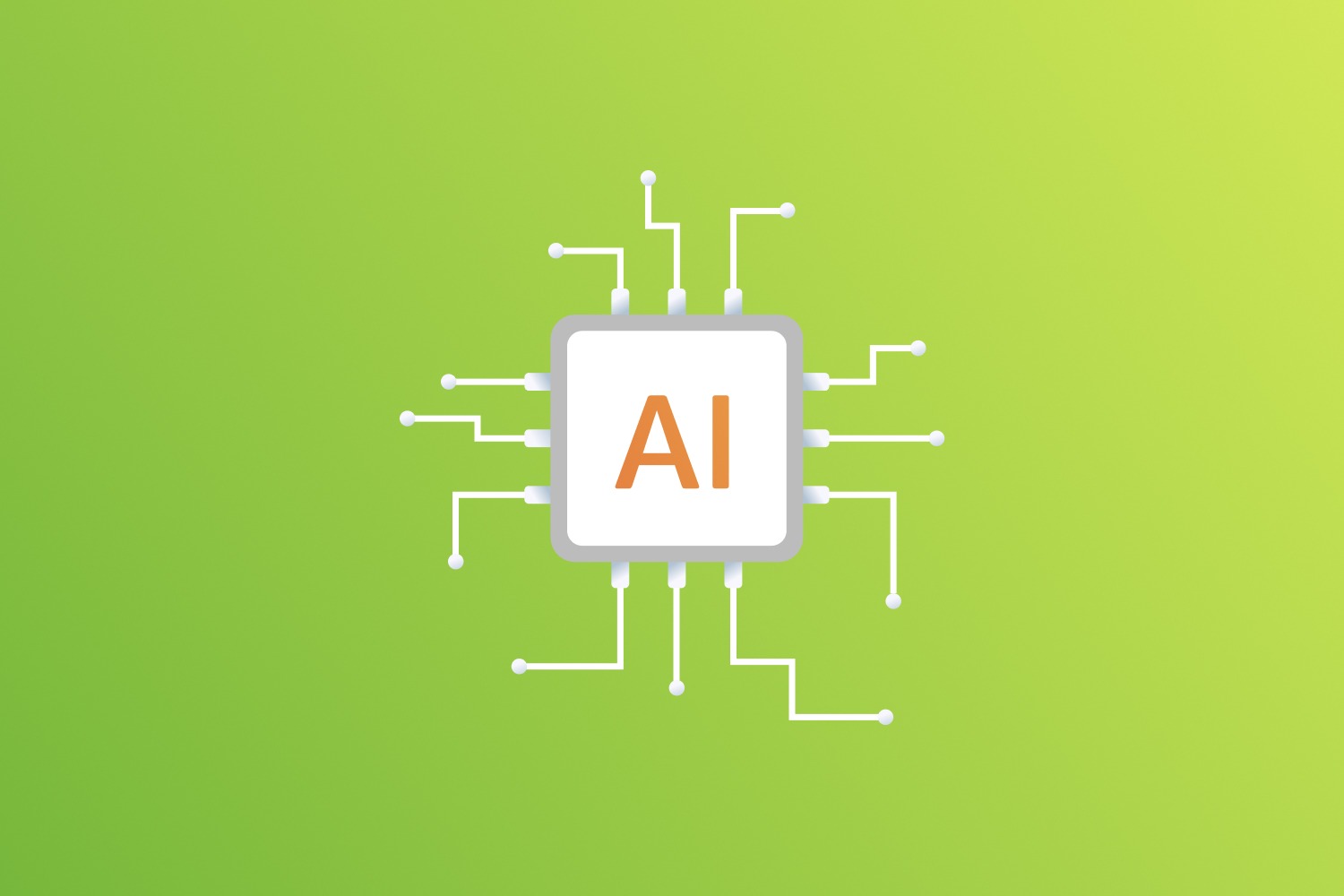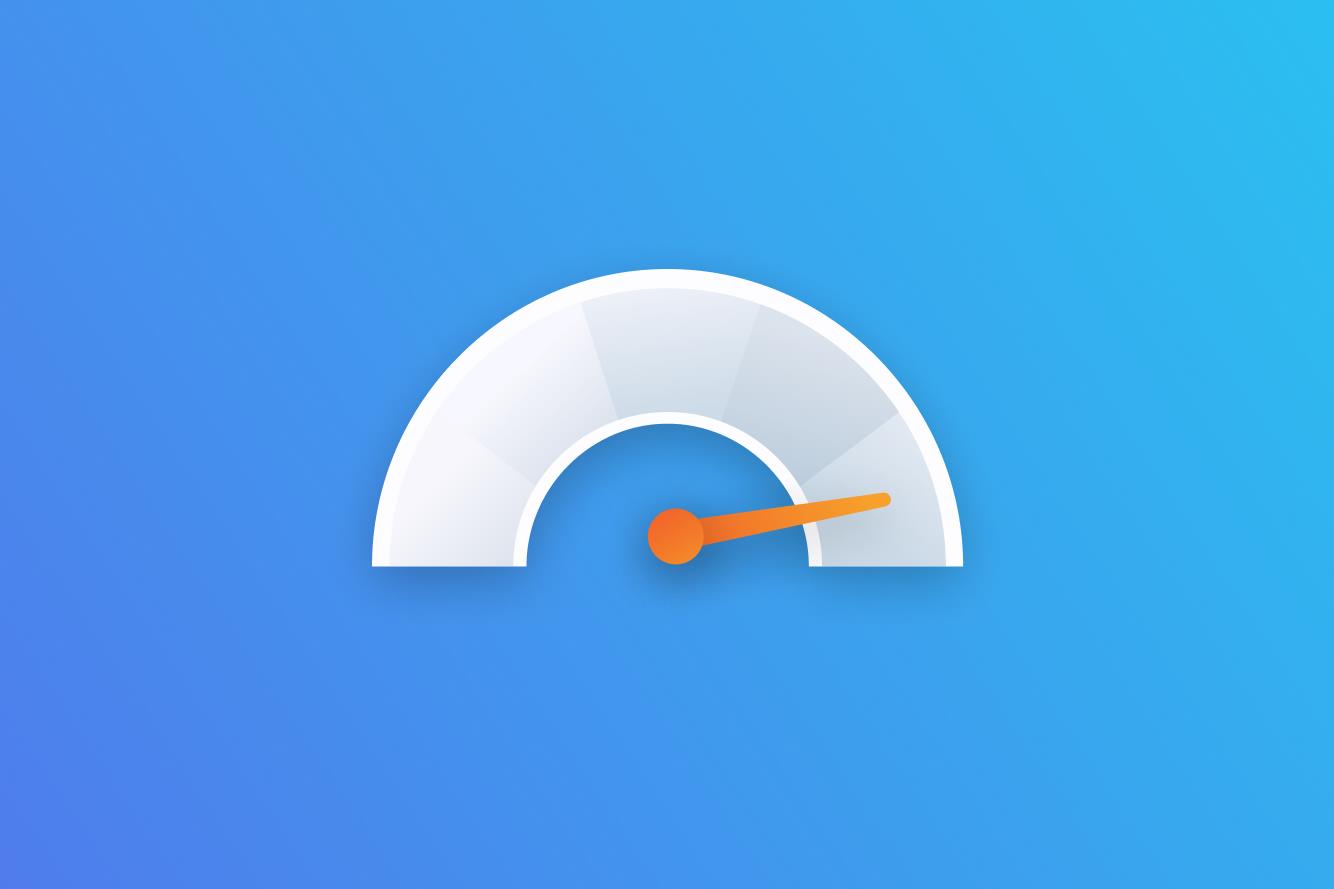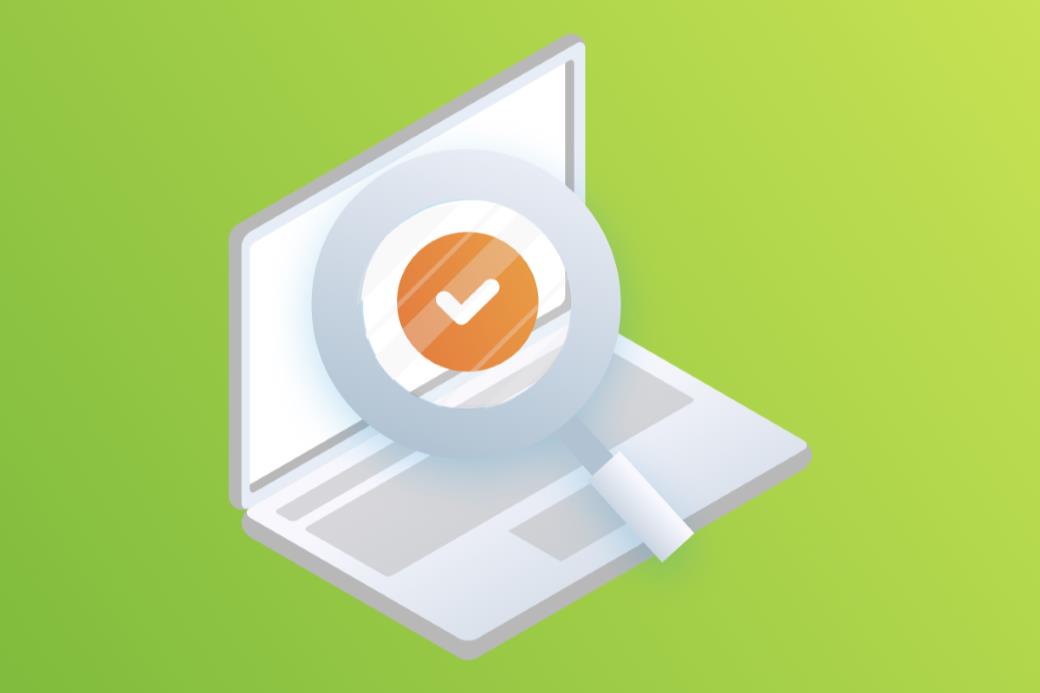Have you ever wondered how raw, jumbled data transforms into clear, actionable insights? Aksana Dzmitrachkova, Senior Software Engineer, and Uladzislau Chechko, Data Engineering Manager, guide us through the world of Data Analytics & Visualization Engineering and help novices discover if it's the right path for you.
What Exactly Is Data Analytics & Visualization?
At its heart, Data Analytics & Visualization is both an art and a science. It's about exploring massive amounts of data, uncovering meaningful patterns, and then presenting those insights in an easy-to-understand visual format. This practice blends analysis, data mining, and compelling storytelling through tools like dashboards, charts, and interactive reports.
The goal? To help organizations extract valuable insights from their raw data, understand their business processes better, and ultimately make smarter decisions. It's about taking complex numbers and turning them into clear, accessible visuals – making the data speak a language everyone can understand.
Who Is a Data Analytics & Visualization Engineer?
Simply put, a Data Analytics & Visualization Engineer takes messy, overwhelming data and turns it into understandable, meaningful, and actionable insights.
These specialists combine analytical thinking with a creative touch to build dashboards, reports, and scorecards that highlight crucial trends and Key Performance Indicators (KPIs). Their daily responsibilities often include:
- Analyzing data using languages like Python or SQL.
- Working with various databases, including PostgreSQL, MySQL Server, or cloud-based solutions like Azure, AWS, and GCP.
- Collaborating with data engineers and stakeholders to gather requirements.
- Creating interactive dashboards using popular BI tools such as Power BI, Tableau, and Looker.
- Designing custom visual elements to ensure clarity and impact.
- Writing documentation and thoroughly testing dashboards for quality and accuracy
Why is this role in demand?
As companies deal with more and more data, it’s not enough to just collect information – they need to make sense of it quickly. That’s where Data Analytics & Visualization Engineers come in. Their job is to turn raw numbers into clear, useful insights that help businesses make smart decisions based on facts, not guesses. They can spot trends and patterns that might otherwise go unnoticed, giving companies a better understanding of what is working and what needs to change. By creating simple, effective visuals like charts and dashboards, they make data easy to understand for everyone – not just analysts. This clarity helps businesses move faster, reduce risk, and find new opportunities to grow and improve.
What do Data Analytics & Visualization Engineers do?
Daily tasks can vary widely depending on the specifics of the project and the role an engineer plays within it. Still, there’s a familiar rhythm to the work. Typically, it starts with communication – talking to customers and business analysts to understand what insights the analytical product needs to deliver. From there, collaboration with backend teammates is key, especially when it comes to shaping a data warehouse that’s efficient, reliable, and well-suited for reporting and analysis.
Once the foundation is set, it’s time to bring the data to life – designing reports, building dashboards, and creating visualizations that translate raw numbers into meaningful stories. And of course, no project is complete without thorough documentation, rigorous testing, and a constant focus on finding the most effective, elegant solutions to complex data challenges.
Aksana Dzmitrachkova: I find it hard to imagine the work of a Data Analytics & Visualization Engineer as routine, it is always creativity and magic.
What makes this work challenging – and rewarding?
This job is far from routine. While some projects involve setting up straightforward reports, others are complex and creatively demanding. Sometimes you’ll need to build visuals that don’t exist yet, or create dashboards that perform smoothly even when processing millions of records. You’re constantly working to bridge the gap between raw data and human understanding. That’s what makes the role uniquely satisfying – it calls for deep technical knowledge, solid business sense, and a designer’s eye, all rolled into one.
How to stay in demand as a Data Analytics & Visualization Engineer
Striving for continuous learning is essential in this profession – but the same can be said for all tech-related fields. New tools, technologies and methods are constantly emerging, so staying up to date with industry trends is a key part of remaining competitive.
Cloud platforms like AWS, Azure and Google Cloud have become central to most data ecosystems. Learning how to work with these services can open the door to more advanced, large-scale projects. For those interested in creating interactive and custom visualizations, skills in JavaScript and libraries like D3.js are valuable additions to your toolkit.
Soft skills matter just as much. One of the most underrated yet valuable abilities is the art of persuasion – being able to explain data clearly and help clients understand what the numbers actually mean. Guiding others in choosing the right type of visualization can significantly influence how decisions are made.
Naturally, a strong command of core BI tools – Power BI, Tableau, and Looker – is a must. But to truly stand out, it helps to build a broader skill set that includes business intelligence analysis, effective communication, and a solid grasp of English, especially when working on international teams. Knowledge of Python, cloud data platforms like Snowflake, and even some data integration or data science skills can further increase your value – particularly if your work leans more toward backend engineering than client-facing roles.
Career Growth: Where Can You Go From Here?
The path forward in Data Analytics & Visualization is full of possibilities – it all depends on your strengths, interests, and long-term goals.
If you're drawn to the technical side, you can deepen your expertise and evolve into a Full-Stack BI Developer by focusing more on data integration and backend work. Those with a passion for statistical modeling and exploration might consider transitioning into Data Science or Data Engineering.
For professionals who enjoy working closely with stakeholders or applying analytics in broader business contexts, roles in product analytics, consulting, or business analytics may be a great fit. And if your interests shift away from analytics entirely, opportunities in user interface design or data-driven UX roles are also worth exploring.
From a management perspective, the career ladder opens up in similar ways to other engineering fields. You might move into roles such as consultant, delivery manager, resource manager, or engineering manager – each offering new challenges and the chance to lead impactful projects.
The Inspirations of a Data Analytics & Visualization Engineer
Aksana Dzmitrachkova, Senior Software Engineer:
What keeps this role exciting for me is the constant discovery that comes with working with data. I enjoy uncovering patterns, spotting unusual relationships and finding trends buried deep in large datasets. There’s something truly satisfying about helping to answer complex questions through data analysis. It often feels like solving a puzzle – figuring out the most effective way to present information or highlight a key insight. I also love the creative side of this work. Designing clear and impactful visualizations allows me to express that creativity while still delivering real value. Every report is different, and there are no routine tasks. It’s meaningful to know that the visuals I create contribute to important business decisions – and that I can see the real-world impact of those decisions.
Uladzislau Chechko, Data Engineering Manager:
What excites me most about the Data Analytics & Visualization field is the freedom it gives you to be an “artist” with data. There’s a lot of room for creativity here – not just in design, but in how you translate complex information into something clear and meaningful. This role sits at the intersection of business and technology, which makes it incredibly dynamic. One day you’re writing code or working on data integration; the next, you’re talking with clients or collaborating with business analysts. That variety keeps things interesting. If you enjoy having flexibility in your work, like communicating with different stakeholders, and see yourself as a creative thinker with a strong sense of design and aesthetics, I’d definitely encourage you to explore the world of Data Analytics & Visualization.
If you’re analytical, detail-oriented, and passionate about making data understandable and impactful, Data Analytics & Visualization could be the right path for you. It’s a dynamic field where your skills will always be in demand, your creativity has room to flourish, and your work makes a real difference in business decisions. Whether you’re just starting out or looking to grow, this career offers both challenge and opportunity at every step.


